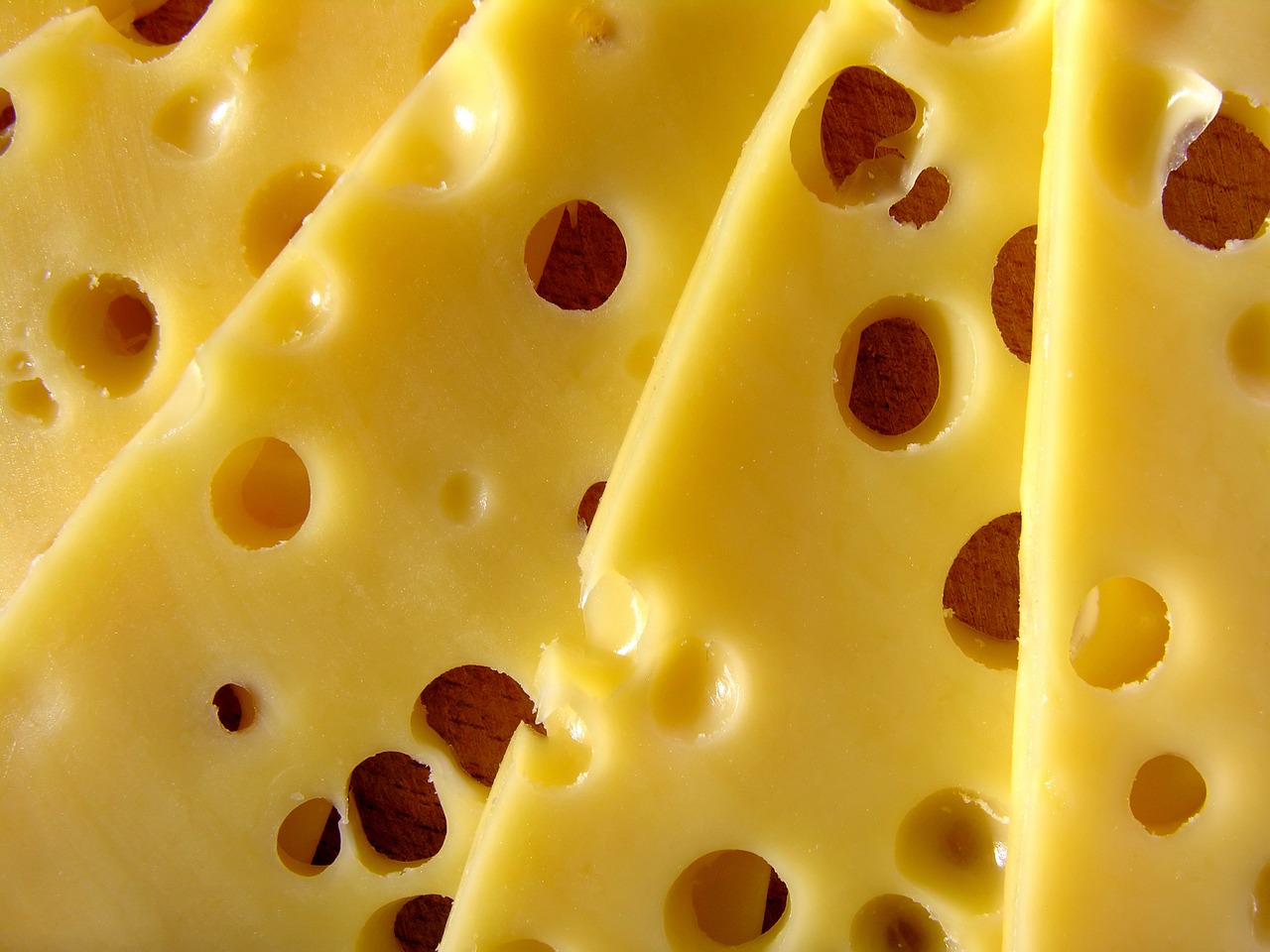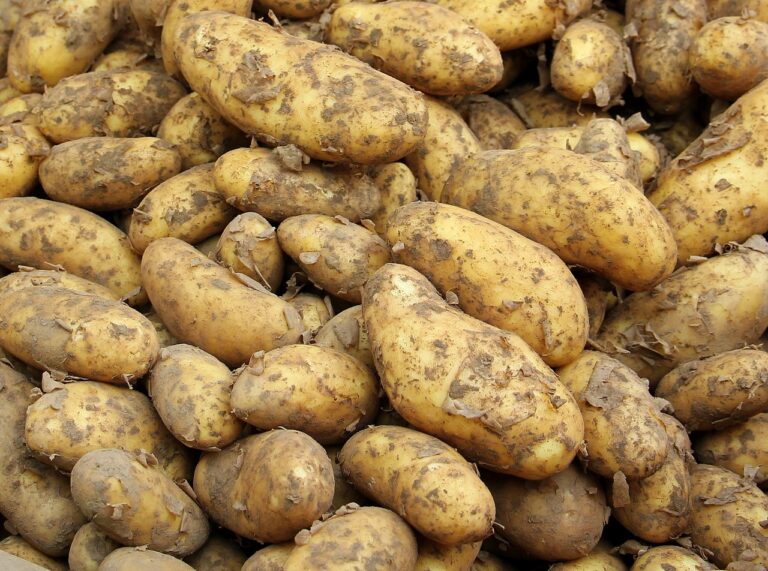Understanding Dairy Cow Nutrition: Key Considerations for Optimal Health
11xplay reddy login id and password, king567 signup, skyinplay exchange:Understanding Dairy Cow Nutrition: Key Considerations for Optimal Health
As a dairy farmer, ensuring the health and well-being of your herd is essential for maintaining high milk production and overall profitability. One of the key aspects of cow health is nutrition. Proper nutrition provides the building blocks for growth, reproduction, and overall health in dairy cows. In this article, we will explore the key considerations for optimal dairy cow nutrition.
Importance of Nutrition in Dairy Cows
Nutrition plays a crucial role in the health and performance of dairy cows. A well-balanced diet is essential for maintaining milk production, reproductive efficiency, and overall health. Nutritional deficiencies can lead to a range of health issues, including decreased milk production, poor reproductive performance, and increased susceptibility to diseases. Therefore, it is important to provide dairy cows with a diet that meets their nutritional requirements.
Key Nutrients for Dairy Cows
Dairy cows require a variety of nutrients to support their growth, milk production, and overall health. The key nutrients that should be included in a dairy cow’s diet include:
1. Energy: Energy is essential for maintaining milk production and supporting growth and reproduction in dairy cows. Common sources of energy in a cow’s diet include corn, barley, and oats.
2. Protein: Protein is crucial for muscle development, milk production, and overall health in dairy cows. Sources of protein in a cow’s diet include soybean meal, cottonseed meal, and alfalfa hay.
3. Vitamins and Minerals: Vitamins and minerals are essential for various metabolic functions in dairy cows. Common vitamins and minerals that should be included in a cow’s diet include vitamin A, vitamin D, calcium, and phosphorus.
4. Water: Water is essential for maintaining hydration, nutrient transport, and body temperature regulation in dairy cows. Dairy cows should have access to clean, fresh water at all times.
Feeding Practices for Dairy Cows
In addition to providing a well-balanced diet, there are several feeding practices that can help optimize the health and performance of dairy cows. Some key feeding practices for dairy cows include:
1. Ad libitum access to feed: Dairy cows should have continuous access to feed to maintain a consistent nutrient intake throughout the day.
2. Feeding forages: Forages such as hay and pasture should be included in a dairy cow’s diet to provide fiber for digestion and promote rumen health.
3. Monitoring body condition: Regularly monitoring a cow’s body condition score can help assess their nutritional status and make adjustments to their diet as needed.
4. Avoiding sudden diet changes: Sudden changes in a cow’s diet can disrupt their digestive system and lead to health issues. Gradually introduce new feeds to minimize stress on the cow.
5. Working with a nutritionist: Consulting with a dairy cow nutritionist can help develop a customized diet plan that meets the specific nutritional needs of your herd.
FAQs
Q: How much water should dairy cows drink per day?
A: Dairy cows should drink approximately 30-50 gallons of water per day, depending on factors such as milk production, temperature, and humidity.
Q: What is the ideal body condition score for dairy cows?
A: The ideal body condition score for dairy cows is typically between 2.5-3.5 on a scale of 1-5, with 1 being emaciated and 5 being obese.
Q: How often should dairy cows be fed?
A: Dairy cows should be fed at least twice a day to maintain a consistent intake of nutrients and promote proper digestion.
In conclusion, proper nutrition is essential for maintaining the health and performance of dairy cows. By providing a well-balanced diet, implementing key feeding practices, and working with a nutritionist, you can ensure that your herd remains healthy and productive. Remember, healthy cows are happy cows!







